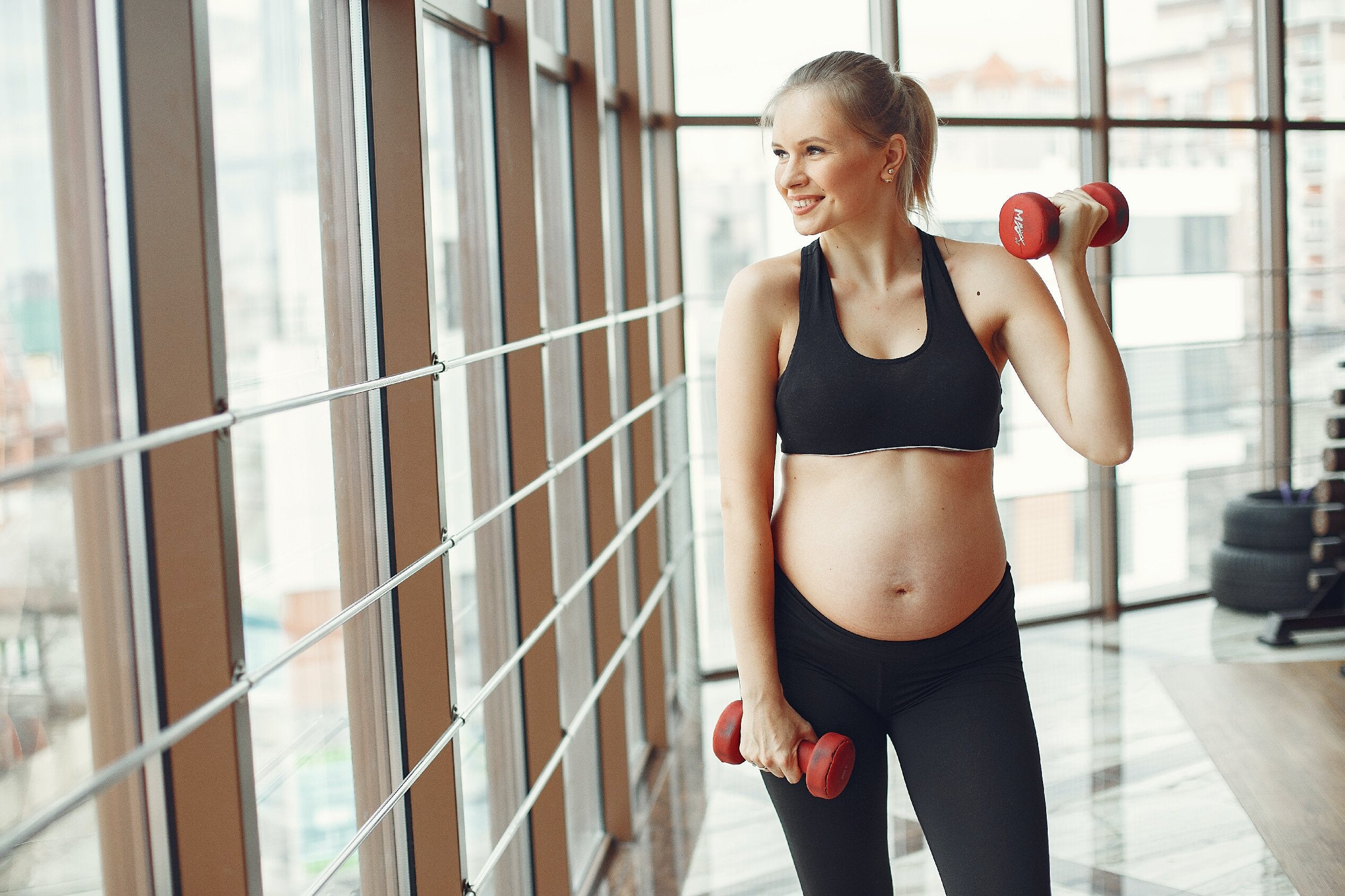Home
Pregnancy & Breastfeeding Tips for New Moms: Preconception, Pumping & Parenting Support
Exercise When Trying to Get Pregnant | The Power of Exercise When Trying to Get Pregnant

Exercise When Trying to Get Pregnant | The Power of Exercise When Trying to Get Pregnant
If you’re trying to get pregnant but seem to be having trouble, there could be a variety of reasons why it isn’t happening for you. If you haven’t had a complete checkup yet but you’re still interested in learning what you can do on your own, remember that when you’re in good shape, it is much easier to conceive. This is a general statement, of course, since many factors are involved when trying to get pregnant. Still, keep reading to learn more about exercise and fertility.

Is There Really a Relationship Between Exercise and Fertility?
First of all, there is a relationship between how much you exercise and your fertility, but it may not be what you’re thinking. Just as with anything else in life, fertility is made simpler when you get moderate exercise on a regular basis. It makes sense when you think about it: the healthier you are, the more likely it is that your body will work the way that it’s supposed to work, including becoming pregnant.
That being said, there are two main points to keep in mind. The first is that you do not have to be in excellent shape for your workouts to positively impact fertility. If you get yourself in such great shape that you’re able to run a marathon, that’s great, but it isn’t necessary if all you want is to get pregnant. Exercising 20 to 30 minutes per day, three or four times a week does you just as much good.
In fact, and this is the second point, sometimes, exercising too much can be detrimental to your efforts to get pregnant. Exercising one hour or longer per day can actually make it harder to get pregnant. Why? Because exercising too much can inhibit ovulation, which makes it much harder for women to conceive. This means finding a balance between exercising and exercising too much is important.
Consider Your BMI Number
Your body mass index (BMI) number is a good starting point for determining if your weight is appropriate. Any number that is between 18.5 and 24.9 means that you’re at a healthy weight. From 25 to 29.9 means that you’re overweight, and anything over 30 means that you’re obese. You can go online and find the charts that help you determine your BMI. All that you have to do is enter your height and weight, and the chart calculates the number for you.
One word of caution, though. Your BMI number is not the only thing to consider when trying to determine if you’re in good shape. Someone whose build is muscular may have a higher BMI number than a person whose build is average, but this doesn’t mean that they are overweight. Once you determine what your BMI is, check with your doctor to help decipher what it means for you.
The bottom line is this: there are many benefits of exercise when you’re trying to get pregnant, but since there are other factors to consider if you’re having trouble conceiving, remember that moderate exercise is good and too much exercise can be bad. As long as you’re getting regular moderate exercise and keep your weight within the normal range, it will be an improvement.
How Else Does Exercise Affect Fertility?
If you’re curious to learn more about the power of exercise while trying to get pregnant, consider these things:
- If your BMI is below 18.5, you are considered underweight and may suffer with infertility just the same as women who are overweight
- Exercise affects several hormones in women, including estrogen, progesterone, testosterone, insulin, and even cortisol
- While exercise affects fertility, it is only one of the factors that can affect if or when you conceive
- Exercise affects ovulation in numerous ways, including the release of eggs and even the outcome of your pregnancy
- If you’ve been trying to conceive for one year or more (six months or more if you’re over the age of 35), you should schedule a complete medical exam
Regular exercise that is moderate can also affect your ability to conceive in other ways. It improves blood flow to various organs, including the reproductive organs; reduces the risk of experiencing certain conditions that lower futility, such as polycystic ovarian syndrome (PCOS); and helps ensure that all hormone levels are where they should be, which can help you conceive. Regular exercise also helps reduce your stress levels and help you relax, both of which can help you get pregnant.
How Do You Start?
If you’re not pregnant and you’ve never exercised, don’t panic when considering how you’re going to start. A good pre-pregnancy workout can be whatever you want it to be; just make sure you start out slowly and build up from there. Whether you like to ride a stationary bike, take an aerobics class, go jogging, or swim, start out with ten minutes per day of exercise and keep going until you’re exercising 20 to 30 minutes per day, roughly four days a week.
You might also want to consider getting a complete checkup before you get started, not only so your doctor can give you some helpful tips but also to ascertain your overall health status and learn what your starting point is. Your doctor should know that you’re trying to get pregnant so they can recommend what type of exercise you should choose.
Conclusion
While regular exercise can affect your ability to get pregnant, it isn’t the only factor to consider. Taking excellent care of yourself both physically and emotionally is a great start, and your doctor should always be involved in your important decisions.
Share


